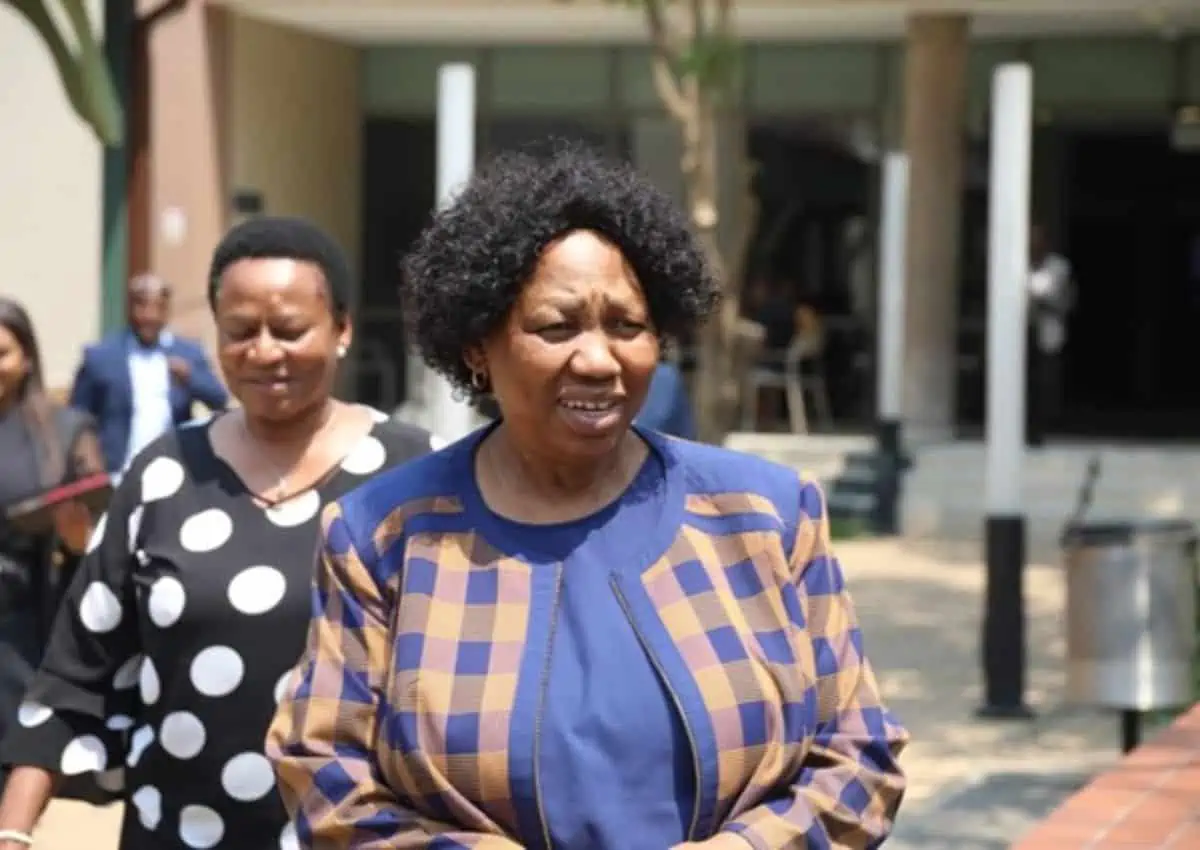Academics say early childhood education (ECE) can help to break the cycle of poverty, but the sector is battling with “wicked problems”.
This was said at an early childhood development (ECD) and teacher training event at the University of Pretoria on Wednesday.
The event featured a delegation from Finland, including Finnish Education Minister Li Anderson, and the main objective was to strengthen Finland’s education partnership with South Africa.
The event was hosted by the Department of Basic Education (DBE), led by Minister Angie Motshekga and Deputy Minister Reginah Mhaule.
According to Professor Mariette Koen from the North-West University’s Faculty of Education, there is a need to use a holistic approach to develop the emotional, social, cognitive, spiritual and physical facets of ECE. She said this would create sustainable building blocks.
ECE was more than just about content related education. It was a chance to give the children an opportunity to be agents for change by providing them with skills, values, and attributes to address sustainable developmental change, Koen added.
She said: “ECE is the most valuable resource for breaking the cycle of poverty by allowing young children to flourish in favourable conditions.”
Despite the positive impact ECE could have on sustainable development, Koen said the factor is faced with challenges.
She said the problems include access to quality education, the role of practitioners in ECE, problems with funding, infrastructure, and teaching children living with disabilities.
“These are some of the wicked problems that have multiple interconnected causes with no easy solutions.
“Practitioners are often poorly paid. Some practitioners cannot always easily enter higher education, TVET colleges or non-profit organisations. Some struggle to attend courses due to funding problems, some work full time and can’t take time off, and some have challenges with online learning,” Koen said.
She said what was of serious concern was that 90% of practitioners were unqualified or underqualified.
“The question now lies in how opportunities can be harnessed to improve skills in the sector and move towards universal access.”
Mhaule said pointing fingers was not the solution.
“We must not pretend that we come from an affluent system. We are just a new democracy. This early childhood development has just been introduced into the DBE.”
Source: News24, Africa Press, image from Twitter: @ReginahMhaule
